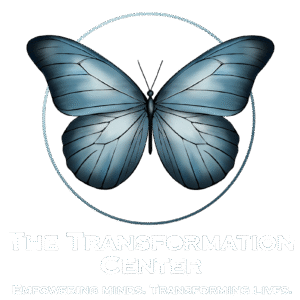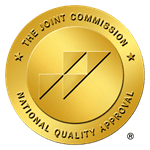
To effectively manage the outcomes of emotional problems, mental disorders and difficult periods, it is important to find the psychiatry service that will meet your needs. Every psychiatrist is required to complete an undergraduate degree program as well as get the necessary clinical experience. It is only after successful completion that they are allowed to specialize in an area of their choice. At The Transformation Center, we have some of the best psychiatrists in different areas of specialization. This makes it possible for us to offer a wide range of psychiatry services to our patients.
- Addiction
- Alcohol Use Disorder
- Anorexia
- Anxiety
- Binge Eating
- Body Dysmorphia
- Bulimia
- Cannabis Use Disorder
- Eating Disorder Treatment
- Eating Disorders
- Grief And Loss
- Illicit Drug Use Disorder
- Laxative Abuse
- Mood Disorders
- New Patients
- Opioid Use Disorder
- Personality Disorders
- Psychotic Disorders
- Sedative-Hypnotic Use Disorder
- Trauma Recovery
- Trauma Treatment
- Trauma/PTSD Treatment
Mental Health: Levels of Care
1. Outpatient Care
-
Who it’s for: Individuals with mild to moderate symptoms who can function independently.
-
Services include:
-
Weekly or biweekly therapy sessions
-
Psychiatric evaluations/ Medication management (Meet Provider bi-monthly upto 90days)
-
-
Settings: Private practices, clinics, community mental health centers
2. Intensive Outpatient Programs (IOP)
-
Who it’s for: Those needing more support than traditional outpatient care but not 24/7 supervision.
-
Services include:
-
Group therapy 3 to 5 times per week
-
Individual therapy ad Psychoeducation and skill-building
-
-
Settings: Specialized clinics like the Transformation Center
3. Partial Hospitalization Programs (PHP)
-
Who it’s for: Individuals with moderate to severe symptoms who need structured daytime care but can return home at night. (Eg: Passvie suicidal ideations, panic attacks)
-
Services include:
-
Daily therapy sessions
-
Psychiatric monitoring and Medication management
-
-
Settings: Specialized clinics like the Transformation Center
4. Residential Treatment
-
Who it’s for: Those with chronic or severe mental health issues needing 24/7 support in a non-hospital setting.
-
Services include:
-
Long-term therapy
-
Medication and psychiatric care/Life skills training
-
-
Settings: Residential facilities or therapeutic communities
5. Inpatient Psychiatric/Hospital Care
-
Who it’s for: Individuals in crisis or with acute symptoms requiring immediate stabilization (e.g., suicidal ideation, Intrusive thoguhts).
-
Services include:
-
24/7 medical and psychiatric supervision
-
Crisis intervention / Intensive therapy and medication management
-
-
Settings: Psychiatric hospitals or units within general hospitals
6. Extended Hospitalizations/ Crisis Services
-
Who it’s for: People experiencing a mental health emergency (e.g., suicidal ideation with plan, psychosis).
-
Services include:
-
Emergency room evaluations
-
Short-term hospitalization
-
-
Settings: Emergency departments, crisis stabilization units

